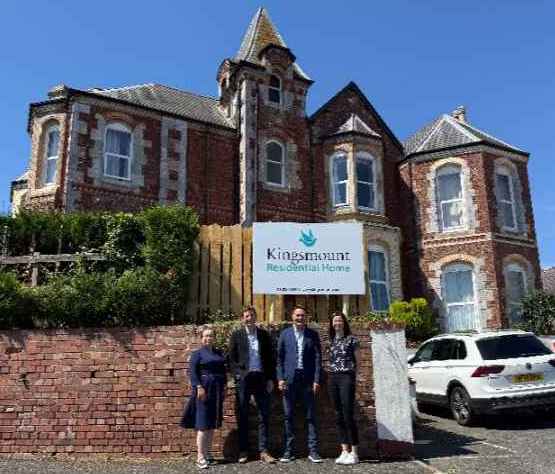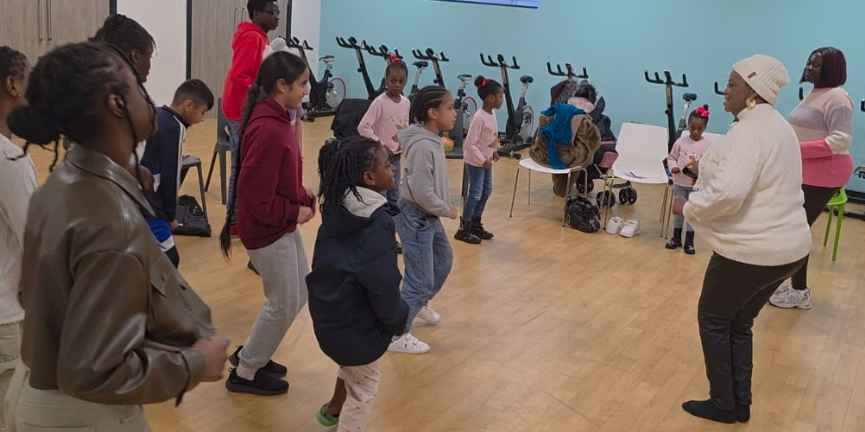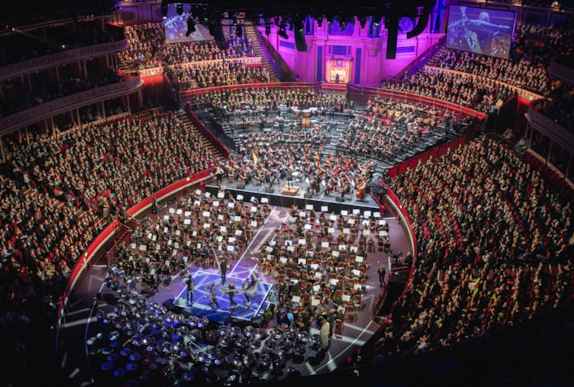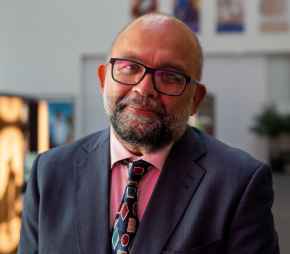Aston Villa Football Club, one of Birmingham’s most treasured sporting landmarks, is not just upgrading a stadium — it is helping to reshape a community.
The club’s bold £100 million redevelopment of Villa Park is set to deliver more than just extra seating and modern facilities. At its heart lies a vision of culture, commerce, and community—a living, breathing hub that celebrates Birmingham’s heritage while embracing its vibrant future.
A centrepiece of the plans is a stunning new beer hall—not just for matchdays but open throughout the week, envisioned as a warm, inclusive space for locals, visitors, and fans of all backgrounds. With food, music, and community programming, this space is poised to become a new social anchor for Aston and wider Birmingham.
“This isn’t just a football project—it’s a people project,” said Chris Heck, Aston Villa’s President of Business Operations.
“We’re keeping the gates open, not just for the beautiful game, but for beautiful communities. This is Villa Park reimagined for everyone.”
The redevelopment also includes plans to host rival sports and entertainment events, positioning Villa Park as a multipurpose venue. American football, rugby, and international music acts are all on the cards—bringing in new audiences and creating fresh economic activity in the city.
Construction will be done using an innovative incremental build method, allowing sections of the North Stand to remain functional on matchdays. It's a rare feat in the UK and demonstrates the club’s commitment to minimising disruption for fans.
Councillor Paulette Hamilton, MP for Birmingham Erdington, welcomed the plans:
“Villa’s investment into Aston is an investment in our city’s pride and future. It will bring jobs, energy, and opportunities for our youth.
“It sends a message that Birmingham is open, bold, and ready to lead.” Amina Bashir, owner of a nearby Caribbean restaurant, said the redevelopment was already generating excitement among small businesses: “We’re hopeful this project will bring more footfall to local shops.
“People will come early, stay late, and spend money in our neighbourhood. Villa’s not just building a stadium—they’re building hope.” Long-time fan and Aston resident, Joe Brennan, who has supported Villa for 42 years, added: “Villa Park is where my dad took me when I was five.
“To see it grow and become a centre for the whole community, it makes you emotional. It’s about legacy.”
The economic impact of the development is expected to be wide-ranging: the creation of construction jobs, increased tourism, and investment into local infrastructure are all on the cards. Villa’s redevelopment also aligns with Birmingham’s broader regeneration ambitions — positioning the city as a premier destination for sport, entertainment, and inclusive urban development.
“We believe in Birmingham,” Heck adds. “And we believe Villa Park can be the beating heart of its north side—a place where people come together, celebrate their culture, and make memories that last a lifetime.”
As The Phoenix Newspaper celebrates 30 years of championing community stories, Aston Villa’s stadium story stands out—not only for its ambition but for its grounding in humanity, heritage, and hope.











